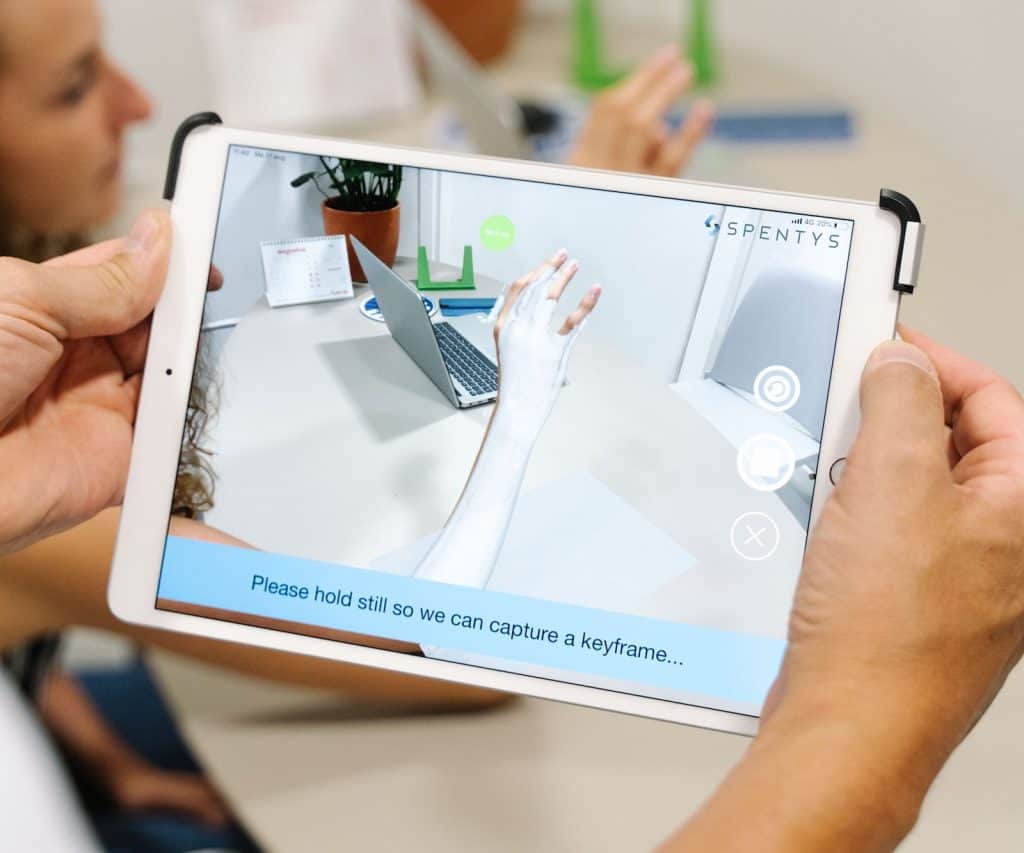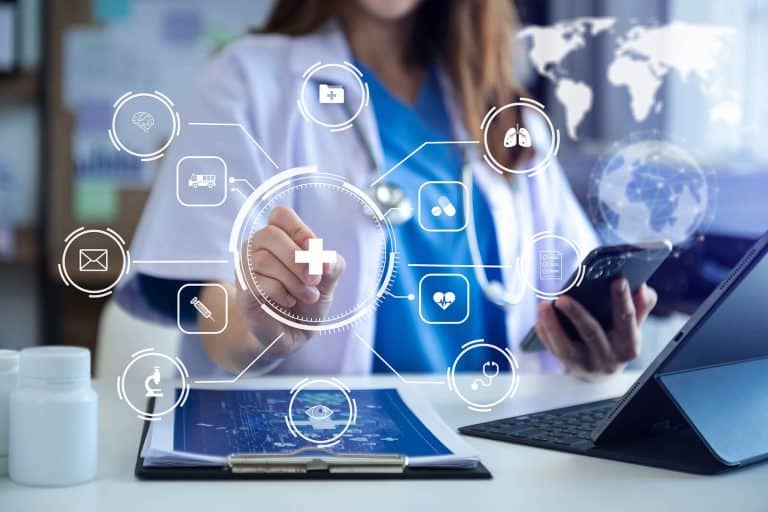Do you know digital health is transforming healthcare in incredible ways? Digital health is positively transforming the healthcare sector from improved access to quality care and more efficient medical record keeping to increased patient satisfaction and cost savings. And this is just the beginning. The possibilities are endless!
Table of Contents
ToggleThe healthcare sector is different from what you knew it some years ago. Medical care is becoming more accessible, efficient, and personalized with the help of technology. Digital health includes various activities such as telemedicine, remote patient monitoring, digital diagnosis, and treatments. It helps improve patient engagement and overall health outcomes.
Moreover, digital health tools can significantly improve the accuracy of diagnosis and treatment of diseases, as well as enhance health care delivery. In other words, they have tremendous potential to benefit everyone.
6 Ways Digital Health is Transforming the Sector
Whether you are a medical professional or a regular person, digital health has changed how you view healthcare. Let’s take a closer look at its six significant impacts on the healthcare industry.
- EHR (Electronic Health Records)
The introduction of a digital health locker is a real game-changer when it comes to keeping track of patient medical records. Before, they had to be lugged around in large paper files, with the risk of them going astray or getting damaged. And then, when it came time to visit another doctor, the entire paper records had to be packaged and carried. It was total pandemonium!
But now, with electronic health records (EHRs) or digital health lockers, you can securely and quickly store, access, and share health-related data – from medical records to test results, prescriptions, allergies, and more. It’s all available at your fingertips!
- Telemedicine
In many rural parts of the world, there is a lack of healthcare providers. Fortunately, telemedicine or telehealth is a great help in addressing this issue. Digital technology allows you to receive medical care from a distance. It includes both remote clinical services, such as consultations and remote medical monitoring, as well as more general services like health advice and education and training to healthcare workers via video conferencing.
The best example is psychiatrists often offering telehealth counseling to those who can’t attend their clinics in person.
- Wearable Tech
You must be aware of the state-of-the-art wearable gadgets, such as watches, shoes, wristbands, headbands, and even patches. The world has noticed an increase in the trend of wearing these fitness and health gadgets, which come in a multitude of forms and features. These advanced wearable devices are an innovative utilization of technology, significantly contributing to the overall digital healthcare revolution.
These devices can monitor sleep quality, heart rate, steps, and general fitness levels. With a lot of potential still to be discovered, they are sure to bring exciting developments soon.
- Mobile Apps
Digital transformation has led to the emergence of many health apps. These apps facilitate patients in keeping tabs on their wellness and illness, provide them with medical knowledge, enable them to view test results, and remind them when it is time for check-ups. Additionally, healthcare professionals can quickly access test results, drug dosage advice, and other critical information using these apps.
Notably, the PHR (Personal Health Record) apps that store digital health records make it simpler and more effective to monitor your progress over time and share pertinent details with your healthcare provider anytime.
- Artificial Intelligence
Artificial Intelligence and augmented reality are still in their infancy when it comes to medical science. But it has the potential to revolutionize the way humans and machines work together. If you are a medical professional, AI can be a powerful tool, providing you with enhanced capabilities, such as X-ray vision and heat-sensing abilities.
It can speed up the design process of medical products by eliminating the need for physical prototypes. Additionally, it can help ensure that safety and compliance protocols are always followed. Some existing tools also use AI and AR to make veins visible in a patient’s body.
- Robotics
With the use of robotics in medical surgeries, surgeons can now perform complex operations with greater precision and accuracy. Not only does this improve surgical outcomes, but it also reduces patient recovery times and alleviates the risk of complications. Robotics technology has allowed for minimally invasive surgeries that are less painful and have fewer side effects.
In addition, robotic technology has made it possible to perform surgeries in remote or difficult-to-reach locations. This is a revolutionary advancement in medical care, and it promises to improve the quality of life for countless people.
Digital Health – Maximizing the Latest Technology
The use of digital technology has had a profound impact on healthcare and is likely to continue in the years ahead. Artificial Intelligence, telemedicine, robotics, mobile healthcare apps, wearable and many other such advances will shape the future of healthcare.
If healthcare organizations and professionals build the proper infrastructure and systems, then there is no limit to what can be achieved with digital technology in healthcare.





